The launch of Intel’s next generation processores is getting closer, and now the first results with air cooling is coming in. The TDP is higher than expected though, and max frequencies when overclocking is lower than anticipated.
We have already seen what Ivy Bridge can do with liquid nitrogen, so it is with mixed feelings we read the first results with air cooling. A user that has managed to acquire an Ivy Bridge processor reports sky-high temperatures making it impossible to reach the same frequencies as with Sandy Bridge. When overclocking the processor hits over 90 degrees, despite expensive after-market cooling.
At 4.6 – 4.7 Ghz the temperature gets so high the processor throttles, meaning it clocks down to protect the processor from permanent damage. Comparing with Core i7-2600k that in many cases can do 4.8 – 5.0 GHz stable with a good after-market cooler, Ivy Bridge looks to be 200 – 300 Mhz worse than Sandy Bridge.
It is Intel’s new 22 nanometer technology with Tri-gate transistors that has brought these limitations. The transistorsare extremely tightly packed and the die size is so small compared to earlier processors, that the heat cannot be removed fast enough with air and water cooling. Rumors has it Intel is not entirely on the mark with the new 22 nanometer technology and a box shot of a Core i7-3770k shows a higher TDP than earlier expected.
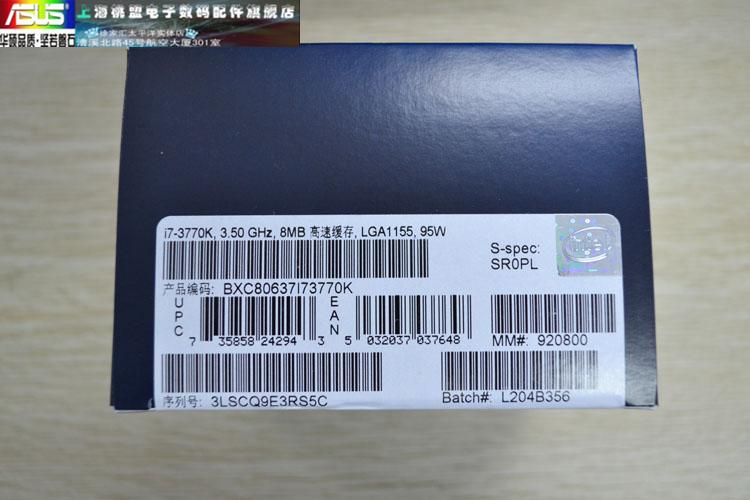 A box shot for a Core i7-3770k showing 95W TDP, higher than the expected 77W
A box shot for a Core i7-3770k showing 95W TDP, higher than the expected 77W
A European retail NordicHardware has been in contact with can confirm that all boxes are marked 95W, which was higher than expected. However we reserve the right that there may be a misprint on a larger batch of processors, but as of now we can’t confirm wether that’s the case or not. Even if performance is better at the same frequency it is a surprise for those with high clocked Sandy Bridge processors intending to switch for Ivy Bridge.
Source: SemiAccurate, Aria PC



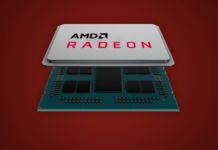

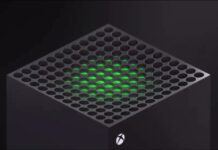
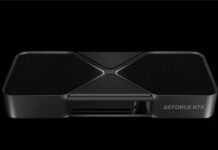









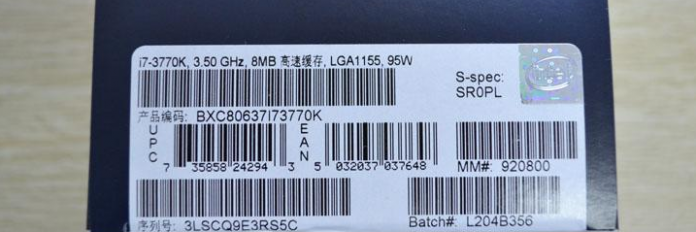



OMG!!!!
I may Keep my good 2500K
Yup. There is no point in upgrading if you have SB @-- 4.5ghz or faster. Historically, Intel’s CPU refreshes are generally not worth upgrading to at all.
My 2500K was a good buy 8)
I grabbed the 2700k from Intel Retail Edge during the holidays. I’m sitting pretty at 4.6ghz with the Thermaltake Spin Q. Can’t wait to see that stable 5 when my XSPC kit shows up 😛
So, absolutely no reason to upgrade because they haven’t improved clocks, TDP’s,cache size, or number or cores. Hopefully, they will have resolved this problem by the time IB-E and IB-EP roll out – and these parts should have more cores and Cache.
seems strange since this is not the official part number of the 3770k!
It’s just the part number of the standard 3770 (non-K).
for reference:

I can sign the 95w TDP 😐

Another image (not from asia):
JanB,
Yup. IVB is a failure for desktop/overclockers. Just more proof that intel’s refreshes are a waste of time as they have been for the most part during the last 10 years.